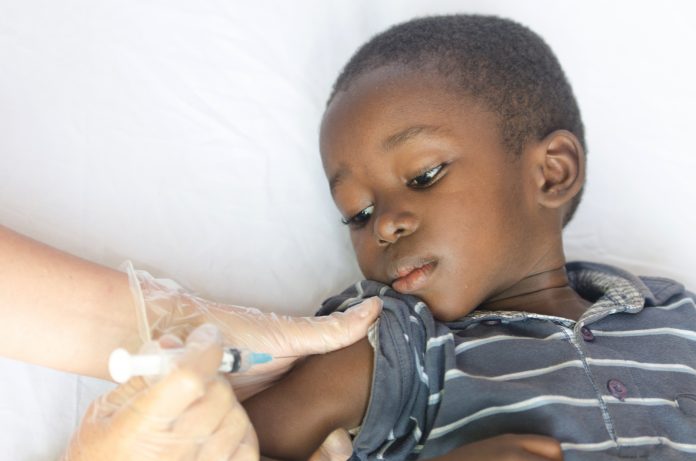According to new research from the University of Virginia School of Medicine, more than a quarter of American children had not received common childhood vaccinations in 2018
The vaccines are administered to protect children from illnesses such as polio, tetanus, measles, mumps and chickenpox, but only 72.8% of infants aged 19-35 months had received the full series of the seven recommended vaccines in 2018.
Those less likely to receive all of the vaccines include African-American infants, infants born to mothers with less than a high-school education and infants in families with incomes below the federal poverty line.
“These findings highlight that significant disparities still exist in protecting infants from preventable diseases in the United States,” said researcher Rajesh Balkrishnan, PhD, of UVA’s Department of Public Health Sciences.
“The low seven-vaccine series rates in low-income families are disheartening, especially with federal programs such as Vaccine for Children, which provides coverage for their service.”
Free vaccinations
The study also found that low-income families were 37% less likely to complete the vaccine series and mothers who had not completed high school were almost 27% less likely to have their infants fully vaccinated.
The researchers call this disparity “unacceptable” and say cost-effective interventions are needed to increase immunization rates and address vaccine hesitancy.
“Free vaccination coupled with no physician administration fees, linked with potential programs that are frequently accessed by low-income families, could be a potential solution to increase immunization rates,” Balkrishnan said.
“The role of healthcare professionals such as pharmacists could also be expanded to provide these services cost-effectively.”
“These findings are particularly important in the context of the current COVID pandemic. Particular attention needs to be paid to vulnerable populations in ensuring the availability and access to important life-saving vaccines.”
Read the full study here.











